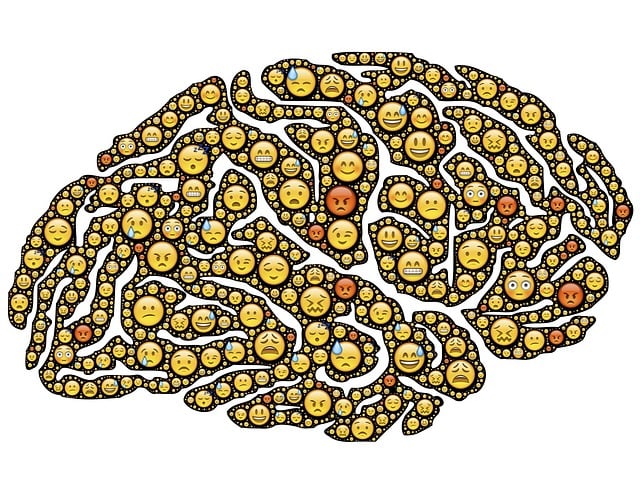The rising drug abuse rates among seniors exacerbate the existing stigma around mental illness and substance abuse, hindering elderly individuals from accessing necessary tailored therapies like inner strength development and mindfulness meditation. Normalizing conversations about mental health and substance abuse in media, coupled with community outreach programs featuring diverse communication strategies, can combat stereotypes and encourage support for vulnerable elders facing drug abuse. Integrating therapy into media representation destigmatizes treatment, promotes empathy, and inspires proactive steps towards improved mental health and access to trauma support services for older adults.
Mental illness representation in media plays a pivotal role in challenging stigma, especially regarding elderly drug abuse. This article delves into the profound impact of media portrayal on societal perceptions, highlighting how inaccurate or lacking depictions exacerbate the existing challenges faced by seniors suffering from substance use disorders (SUDs). We explore effective strategies, focusing on the potential of media as a tool for education and awareness. Furthermore, we emphasize the integration of therapy as a crucial component in improving outreach and support systems for elders struggling with SUDs.
- Understanding the Stigma and its Impact on Elderly Drug Abuse
- Effective Media Representation as a Challenge Solution
- Integrating Therapy for Improved Outreach and Support
Understanding the Stigma and its Impact on Elderly Drug Abuse

The stigma surrounding mental illness and substance abuse can significantly impact the elderly population, often leading to delayed or avoided treatment for drug abuse. This issue is particularly pressing given the rising rates of elder drug abuse, a concern that demands tailored solutions. The associated shame and discrimination prevent many seniors from seeking help, opting instead for isolation. As a result, their condition worsens, compounding the challenges they face due to aging.
Addressing this problem requires a multifaceted approach. Therapies designed for elders, such as those focused on inner strength development and compassion cultivation practices, can be powerful tools. Mindfulness meditation, for instance, has shown promise in reducing stigma-related stress and promoting positive self-perception. By normalizing conversations about mental health and substance abuse among the elderly, we can foster an environment where individuals are willing to participate in therapy and embrace a path towards recovery.
Effective Media Representation as a Challenge Solution

Effective media representation plays a pivotal role in challenging stereotypes and misperceptions surrounding mental illness, particularly among vulnerable populations such as elders suffering from drug abuse or substance use disorders. By depicting these individuals with empathy and complexity, media can foster understanding and encourage support systems to come forward. This shifts the narrative from stigmatization to compassion, which is crucial for encouraging those in need to seek therapy and access available resources.
Implementing community outreach programs that utilize various communication strategies centered around mental wellness can amplify these positive representations. Through targeted campaigns, personal stories shared on platforms like social media, and educational initiatives, communities can dispel myths, promote early intervention, and ensure elders experiencing drug abuse receive the necessary support and treatment, including therapy tailored to their unique needs.
Integrating Therapy for Improved Outreach and Support

Integrating therapy into media representation offers a powerful solution to improve outreach and support for mental health issues, especially among vulnerable populations like elders suffering from drug abuse or substance use disorders. By showcasing characters undergoing therapy, media can destigmatize this treatment method and encourage viewers to seek help. This approach not only provides an opportunity to educate the public but also fosters empathy and understanding towards those struggling with mental health challenges.
Therapy serves as a valuable tool for boosting confidence and promoting emotional well-being, which is particularly crucial for older adults facing addiction. Effective therapy sessions can address underlying trauma, providing much-needed support for their psychological recovery. Media platforms have the potential to reach a wide audience, especially when featuring relatable characters undergoing this process. This representation can inspire viewers to take proactive steps towards improving their mental health and accessing available trauma support services.
Mental illness representation in media plays a pivotal role in challenging stigma, especially regarding elderly drug abuse. By presenting accurate and empathetic portrayals, we can foster understanding and reduce the social barriers faced by those struggling with substance abuse. Integrating therapy into outreach efforts further strengthens support systems, ensuring that elders receive the specialized care they need. Effective media representation and therapeutic interventions combined offer a promising solution to addressing this critical issue, ultimately enhancing the quality of life for affected individuals.










